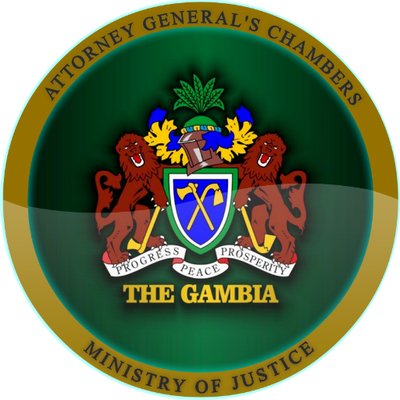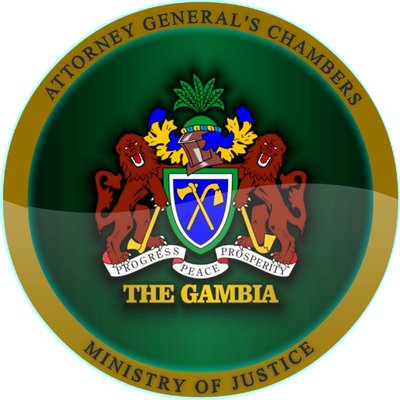This department is headed by the Curator who is responsible for the collection, management and administration of intestate estates.
The Curator of Intestate Estate assumes the responsibility of administering an estate of a deceased on the occurrence of the following events:
- a person has died intestate ( meaning they did not leave a will, or some assets are not disposed of by their will);
- the deceased, having made a will devising or bequeathing his or her estate, has omitted to appoint an Executor;
- probate or letters of administration with the will annexed has not been obtained within six months from the death of the testator; or
- the deceased has named the Curator as sole executor of his or her will.
Consequently the Curator will then apply to the High Court for an order authorizing him or her to administer the estate of the deceased.
PROCEDURE FOR ADMINISTRATION OF INTESTATE ESTATES
The procedure to administer the estate of a person that has died intestate is as follows;
- The beneficiaries are asked to fill a declaration form (Form D) with detailed information about the deceased, his or her estate, beneficiaries and witness. The "Form D" shall be submitted with i) photocopies of death certificate of the deceased, ii) birth certificates of the children of the deceased, iii) marriage certificate of the widow or widower (In the absence of a marriage certificate, an affidavit may be deposed to by a person who is aware of the marriage).
- Upon completion and submission for the "Form D", the Curator will cause the notice to be published in the Gazette for a period of fourteen days.
- The Curator shall then apply to the Court for an order to administer the estate of the deceased person and the court if satisfied, shall grant the order.
Upon the Court granting the order, the Curator then has power over all the estate of the deceased. The Curator can also administer an estate without notice if he/she obtains an order to administer the estate of the person, where the court is satisfied that the estate will probably be purloined, lost, destroyed or damaged, or that great expense will be incurred by delay in the matter.
The Curator also has a limited mandate to administer the estate of a non-ECOWAS national who died in The Gambia while in employement of the Public Service. In the case of the afore-mentioned persons, the Curator is limited to the following;
- To realize the assets of the deceased within the jurisdiction;
- Pay his or her funeral and testamentary expenses;
- Pay all the debts of the deceased; and
- Remit the balance to the legal representatives of the deceased who are not within the jurisdiction.




